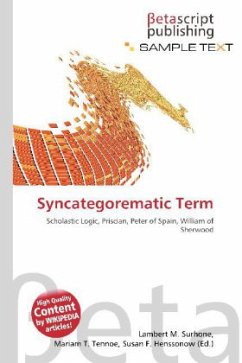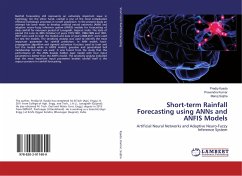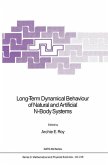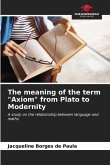Please note that the content of this book primarily consists of articles available from Wikipedia or other free sources online. In scholastic logic syncategorematic terms (syncategoremata) are those that cannot serve as the subject or the predicate of a proposition, and thus cannot stand for any of Aristotle''s categories, but can be used in conjunction with other terms to form a proposition. Words such as ''all'', ''and'', ''if'' are examples of such terms. The distinction between categorematic and syncategorematic terms was established in ancient Greek grammar. Words that designate self-sufficient entities (i.e., nouns or adjectives) were called categorematic, and those don''t stand by themselves were dubbed syncategorematic, (i.e., prepositions, logical connectives, etc.) Priscian in his Institutiones grammatice translates the word by ''consignificantia''.
Bitte wählen Sie Ihr Anliegen aus.
Rechnungen
Retourenschein anfordern
Bestellstatus
Storno








